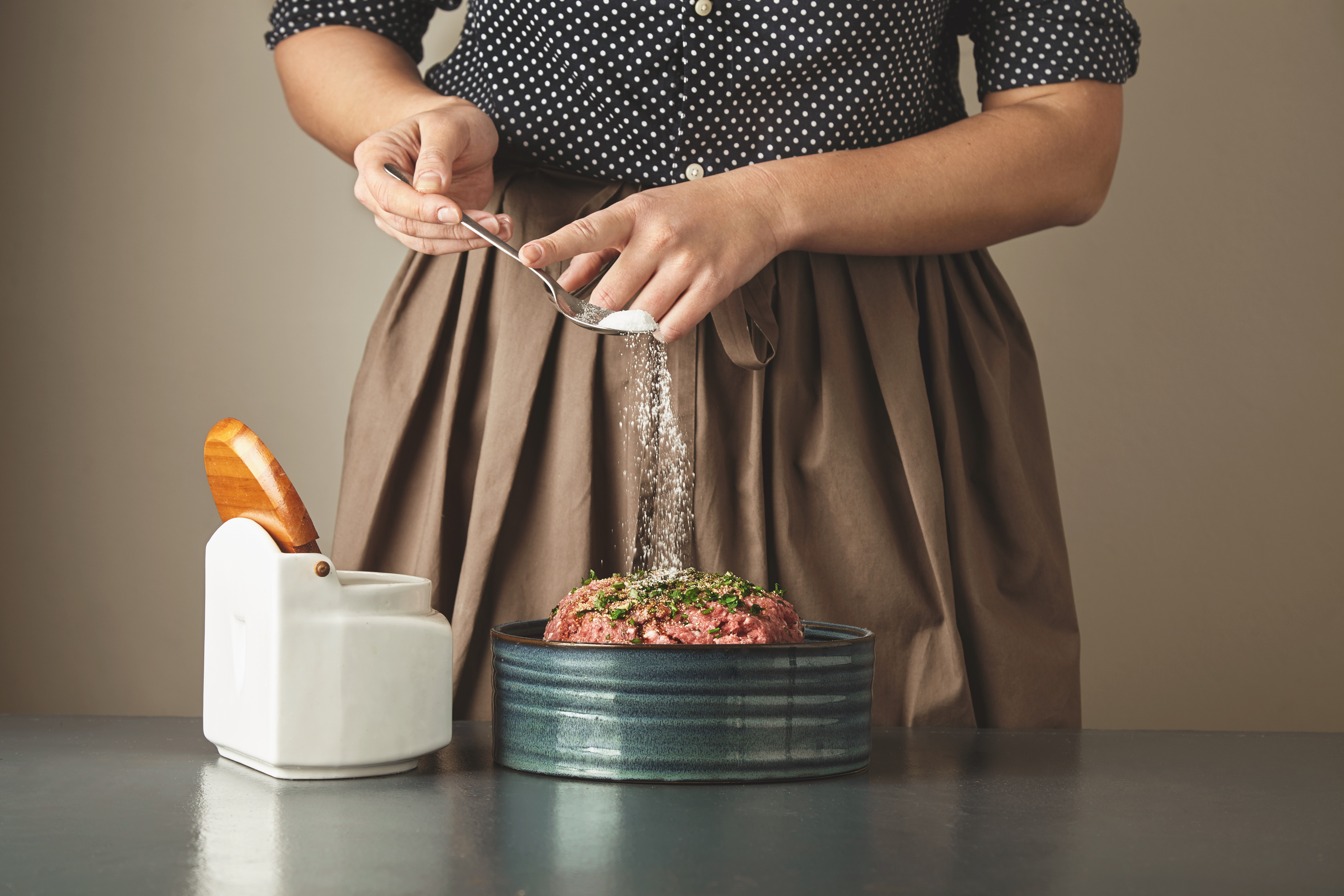Common Foods That Are Unexpectedly Bad for Your Skin
3. Sugar's Sweet Deception: Glycation and Aging

Sugar, while a delight to the taste buds, is a notorious adversary to skin health. The process of glycation, where sugar molecules bind to proteins, can accelerate skin aging. This binding damages collagen and elastin, the proteins responsible for skin’s firmness and elasticity, leading to wrinkles and sagging. Moreover, high sugar intake can exacerbate acne by increasing insulin levels, which in turn can boost oil production. The inflammatory nature of sugar also means that it can worsen conditions like rosacea. Reducing sugar intake not only benefits overall health but can also lead to more youthful, radiant skin. Understanding sugar's insidious effects can motivate individuals to opt for natural sweeteners and maintain a balanced diet that supports skin vitality.
4. The Salt Paradox: Dehydration and Puffiness

Salt, essential for bodily functions, can be a double-edged sword when consumed in excess. High sodium intake can lead to dehydration, causing the skin to appear dull and lifeless. Moreover, it can result in water retention, contributing to puffiness, particularly around the eyes. This puffiness can give the face a tired appearance, even if one is well-rested. For those with conditions like eczema, excess salt can exacerbate symptoms, leading to increased discomfort. By moderating salt intake and opting for herbs and spices for flavor, individuals can maintain skin hydration and reduce puffiness. Recognizing salt's impact on the skin is crucial for those seeking to maintain a fresh and vibrant complexion.
